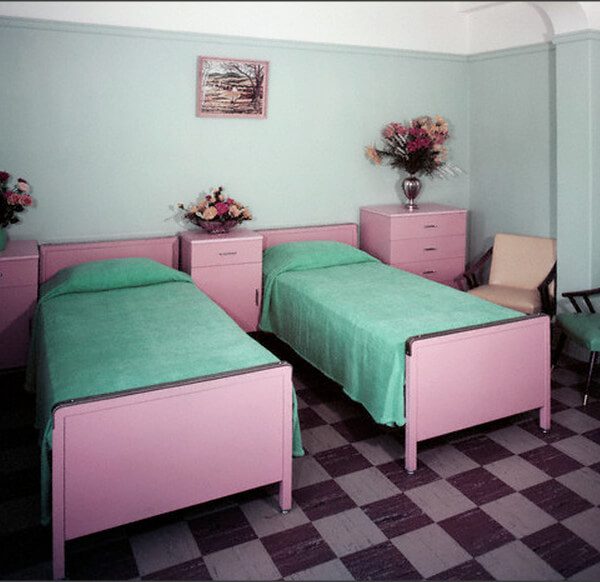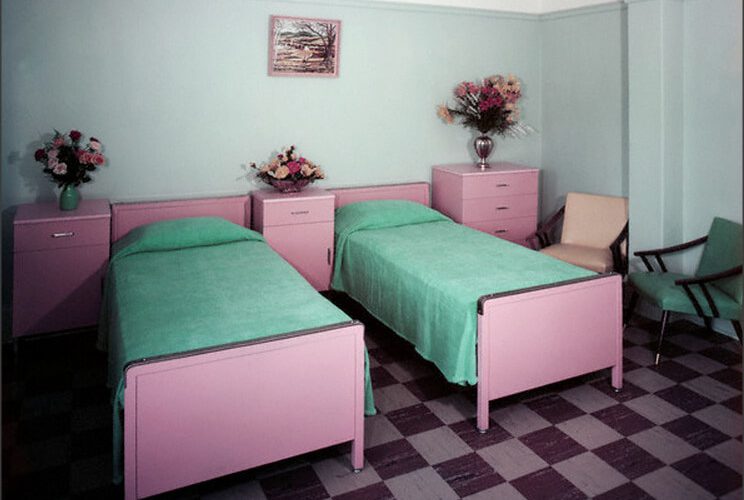Involuntary Transfer and Discharge from a Skilled Nursing Facility
Jeannine LeCompte; Compliance Research Specialist
As many as one-third of all residents in long-term care facilities are subjected to involuntary discharges at some point, according to the Centers for Medicare and Medicaid Services (CMS).
The Office of Inspector General (OIG) has made involuntary transfers and discharges one of their 2019 Work plan areas of compliance focus. All facilities should ensure that their procedures for dealing with such incidents are perfectly compliant with the law.

According to the State Operations Manual, effective November 28, 2017, there are a specific set of circumstances under which a person can be involuntarily transferred or discharged—and failure to adhere to these rules can lead to serious consequences for a skilled nursing facility.
An involuntary transfer or discharge is only possible under the following conditions:
– The transfer or discharge is necessary for the resident’s welfare, and the resident’s needs cannot be met in the facility;
– The transfer or discharge is appropriate, because the resident’s health has improved sufficiently so the resident no longer needs the services provided by the facility;
– The safety of individuals in the facility is endangered due to the clinical or behavioral status of the resident;
– The health of individuals in the facility would otherwise be endangered;
– The resident has failed, after reasonable and appropriate notice, to pay for (or to have paid under Medicare or Medicaid) a stay at the facility. Nonpayment applies if the resident does not submit the necessary paperwork for third party payment,or after the third party, including Medicare or Medicaid, denies the claim and the resident refuses to pay for his or her stay. For a resident who becomes eligible for Medicaid after admission to a facility, the facility may charge a resident only allowable charges under Medicaid; or
– The facility ceases to operate.
Discharge under any other circumstances is a serious breach, and unless one or more of these rules are met, a facility must permit the resident to remain in the facility.
Furthermore, a facility may not transfer or discharge the resident while any appeal against the transfer is pending, subject only to the rule that the failure to discharge or transfer would endanger the health or safety of the resident or other individuals in the facility.
In order to prove this exception, the facility must document the danger that failure to transfer or discharge would pose.









































